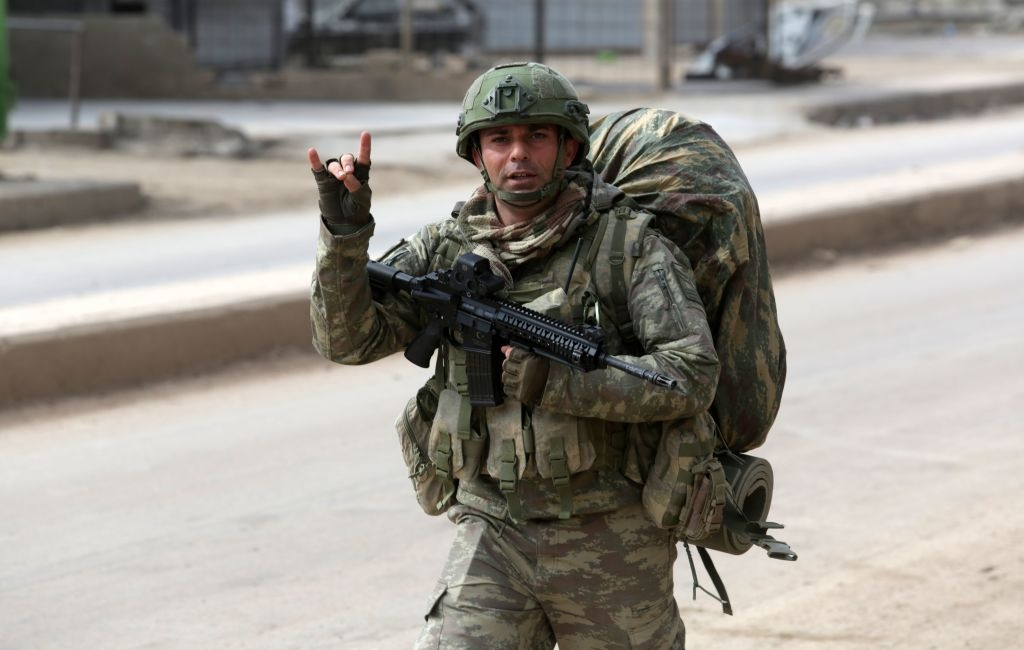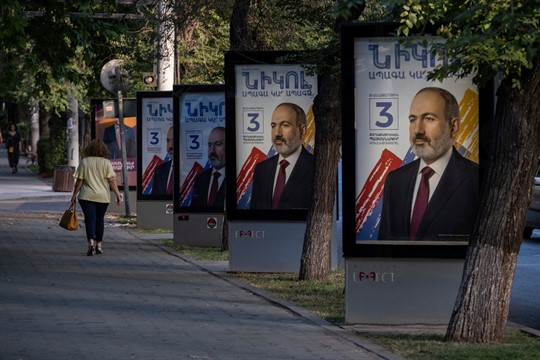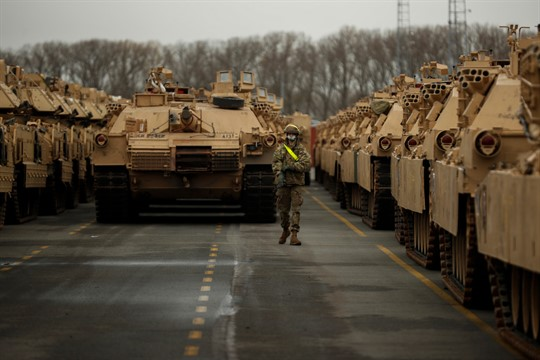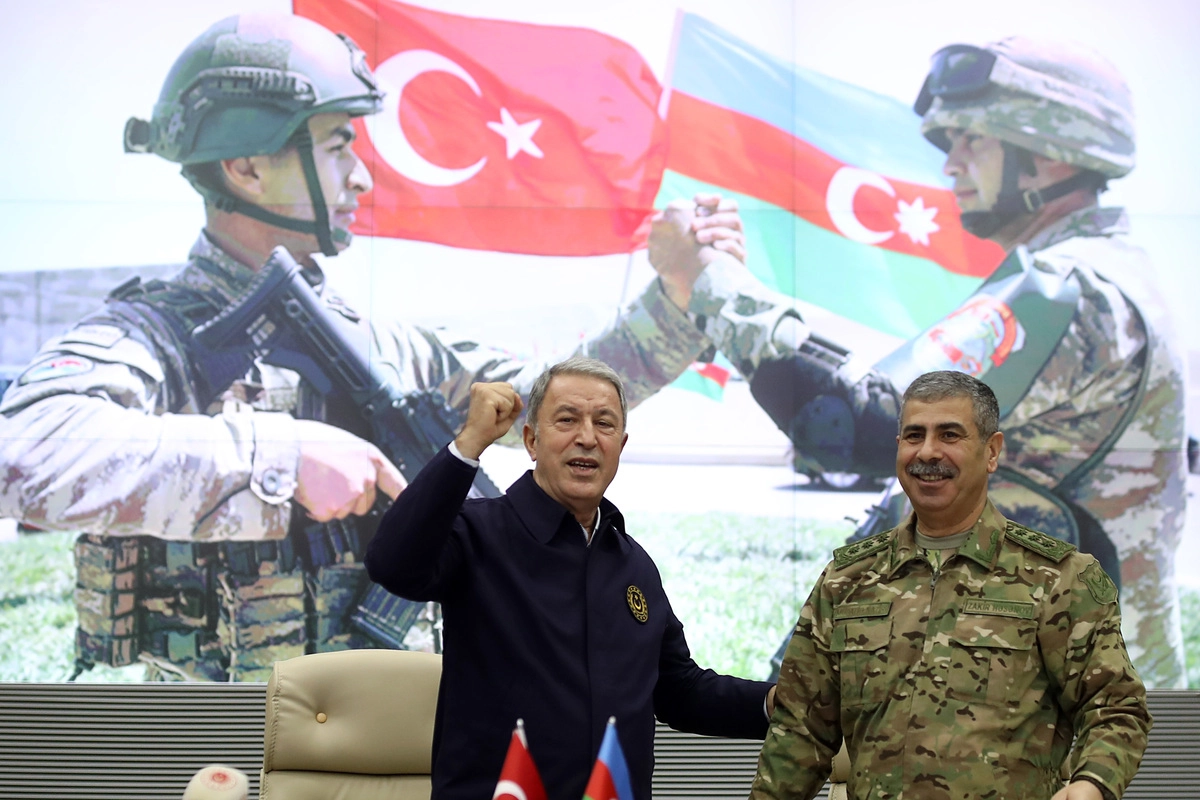The Second Karabakh War, which began on 27 September and continued for 44 days, put an end to the three-decades-old Armenia-Azerbaijan conflict. As a result, Azerbaijan restored its territorial integrity and forced the military forces of Armenia to leave Karabakh, the historical land of Azerbaijan.
The heavy defeat of Armenia in the Second Karabakh War and the enormous loss of military personnel created a severe political and social crisis in the country. Armenian citizens began mass protests against the government, demanding the resignation of the Prime Minister. Despite the fact that, in the following months, some progress in Armenia’s political situation was achieved, instability and war-related protests still continue. Along with political problems, the Second Karabakh War has also created economic problems for Armenia. Taking into account that even before the war Armenia had a fragile economy and was dependent on foreign aid, war-related financial problems have made the situation even worse.





